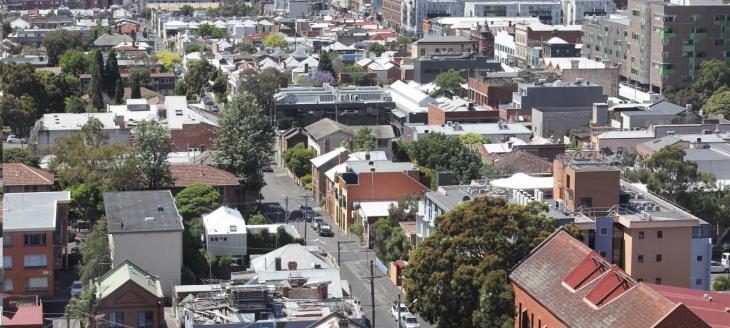

Jacqueline is an Aboriginal woman with an acquired brain injury who lived in a community housing property for a number of years. In a recent incident, her son, who has a severe mental illness, attended the property and caused physical damage. During this incident, Jacqueline hid in the bathroom and called police as she already had an IVO against her son.
The following day, Jacqueline received an immediate notice to vacate due to the damage, which the landlord issued without speaking to any of Jacqueline’s support workers. Despite attempts by these workers to avoid the loss of the tenancy, the landlord proceeded with an application to VCAT for possession. Jacqueline attended the hearing without legal representation, and a possession order was made. Just days before police were due to remove her from the property, Jacqueline saw lawyers through the WHPP.
The Homeless Law lawyers entered urgent negotiations with Jacqueline’s landlord, including in relation to their obligations under the charter. Despite this, the landlord indicated they would proceed with the eviction.
The Homeless Law lawyers then worked intensively with pro bono counsel to lodge an urgent injunction application in the Supreme Court, arguing that the landlord had failed to give proper consideration to Jacqueline’s human rights in reaching its decision to evict her. Shortly after these proceedings were commenced, Jacqueline’s landlord agreed to cancel the eviction, and offered Jacqueline alternative housing in a new location, with no liability for any of the damage caused by her son.
Jacqueline has now relocated to a new social housing property which has better security that improves her safety.